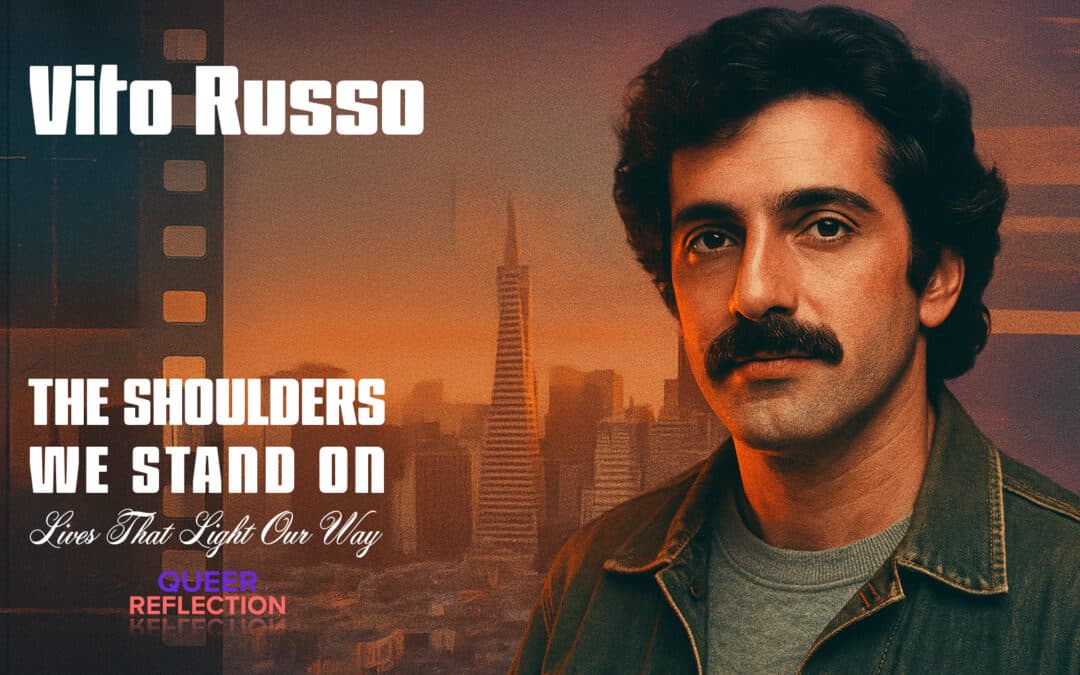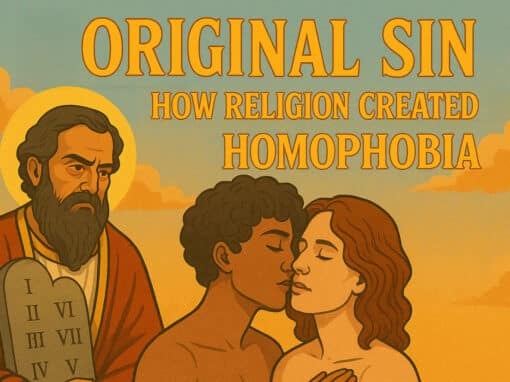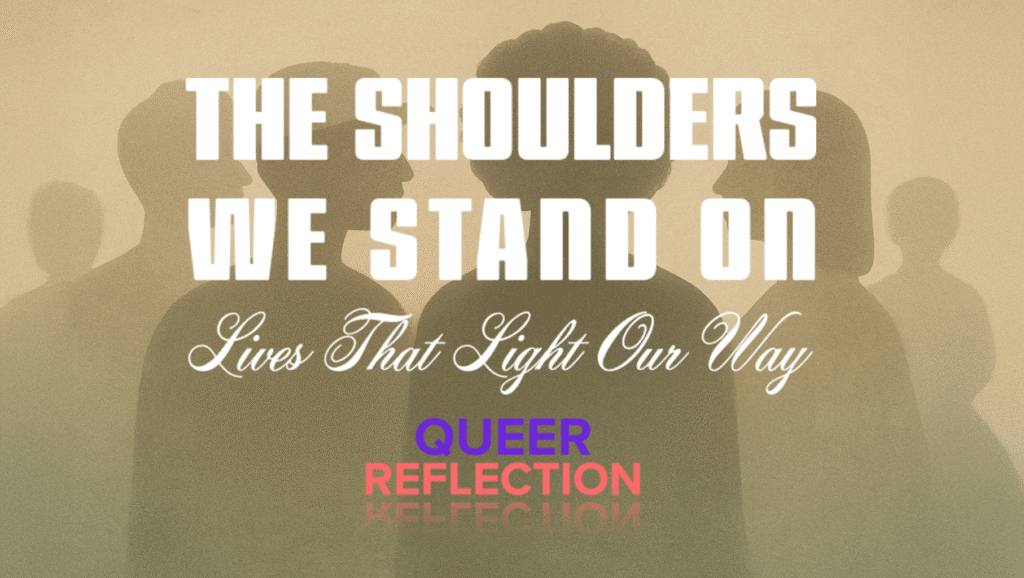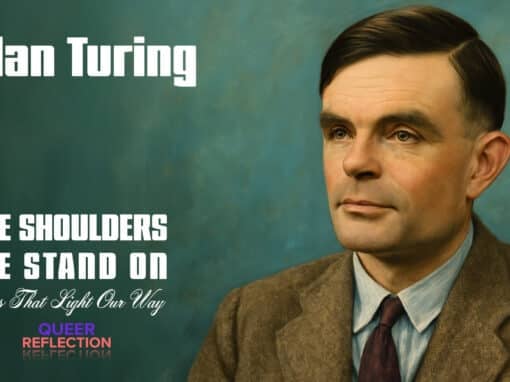“We’re sick of the news. We’re sick of the silence. We’re sick of being invisible.”
— Vito Russo
Vito Russo understood that representation is survival.
As the author of The Celluloid Closet, Russo exposed the quiet violence of queer erasure in film and media—the coded villains, the tragic deaths, the punchlines passed off as people. But he didn’t stop at critique. Russo’s life was a demand for something better: honest, complex, human portrayals of LGBTQ+ lives.
And he did it all while fighting another battle—the AIDS crisis, a second pandemic of silence.
Russo didn’t believe visibility alone was enough. He believed in the power of truth-telling. And he told the truth, loudly.
The Historian as Activist
Born in 1946 in New York City, Vito Russo grew up in a world where queerness was whispered, if spoken at all. He studied film at the City University of New York, developing a passion for media history—but also a searing awareness of how queer people were reflected back by the stories they saw on screen.
In the early 1970s, Russo began presenting The Celluloid Closet as a live lecture series—screening film clips and exposing the harmful tropes, stereotypes, and absences that shaped public perception of queer people.
By 1981, the project became a landmark book. Later, it would be adapted into an acclaimed 1995 documentary narrated by Lily Tomlin.
But Russo’s activism didn’t end at the page or the screen. As a founding member of ACT UP and GLAAD, he fought tirelessly against media silence during the AIDS epidemic.
“If I’m dying from anything, it’s from homophobia. If I’m dying from anything, it’s from indifference and from red tape. If I’m dying from anything, it’s from a lack of political will to save my life.”
The Silence That Kills
At the height of the AIDS crisis, mainstream media either ignored the epidemic or portrayed those dying as disposable. Russo, himself living with HIV, used his voice to challenge that erasure.
He made it clear: silence wasn’t neutral. Silence was a weapon.
The Legacy of Seeing
At Queer Reflection, we honor Vito Russo not only for exposing the damaging myths that shaped public imagination, but for insisting on visibility with dignity.
His work reminds us that the stories we tell—and the stories we fail to tell—shape the world we live in. That empathy begins with representation, but it can’t stop there. It must lead to action.
Learn More About Vito Russo:
- The Vito Russo Award (GLAAD) – honoring openly LGBTQ+ media professionals
- The Celluloid Closet (Book)
- The Celluloid Closet (Documentary, 1995)
- Vito (HBO Documentary, 2011)
- Vito Russo on Wikipedia
Reflection Prompt:
Who is missing from the stories you tell?
How do the narratives you consume shape the way you see others—and yourself?








